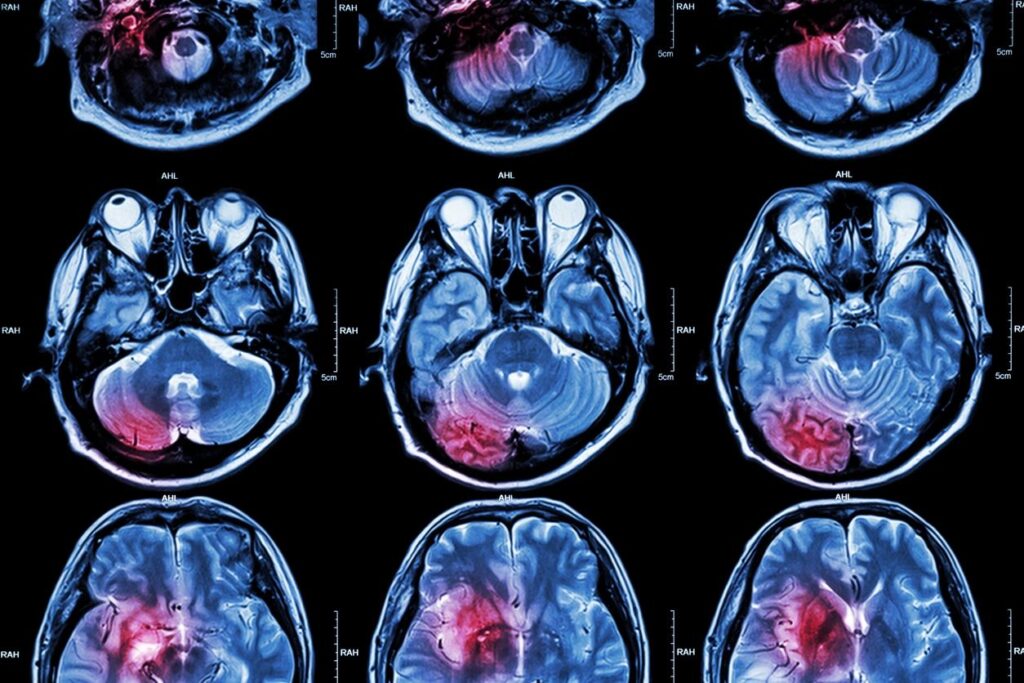Huntington's Disease
Huntington disease is a disorder that causes people to move in odd ways and can affect their mood and the way they think. In people with Huntington disease, nerve cells in a part of the brain die. The disease is passed on in families. If your mother or father has Huntington disease, you have a 50-50 chance of having it too.
People with Huntington disease usually start to show symptoms between the ages of 40 and 60. Some people show symptoms much earlier.


Huntington’s Disease: What are the symptoms?
- Movements called “chorea” is a situation where you aren’t able to control the movements of your face, trunk, arms, or legs
- Feeling depressed, anxious, irritable, angry, paranoid, or like you don’t care about anything
- Trouble interacting with other people
- Seeing or believing things that are not there, “hallucinations”
Huntington’s Disease: Is there a risk of suicide?
People with Huntington disease is at risk of suicide. Get help right away if you are thinking of hurting or killing yourself! You can call or text 988 Suicide and Crisis Lifeline. You should also call for an ambulance or go to the nearest emergency department.
Huntington’s Disease: Is there a test?
Yes. There is a blood test to check for the gene that causes Huntington disease.
Huntington’s Disease: How is it treated?
There are no medicines that help with all of the symptoms of Huntington disease. But there are lots of treatments to help with specific symptoms. For instance, people who are depressed or anxious can take depression and anxiety medicines.Unfortunately, there is no cure for Huntington disease. Medical Marijuana can help some of the symptoms you or your loved one is experiencing, such as anxiety, and loss of appetite.
Huntington’s Disease: An Incurable Neurodegenerative Disease
These conditions are defined by permanent damage to nerve cells in the brain, spinal cord, or peripheral nerves. Some of these common conditions are neuropathies, dementia, Parkinson’s disease, amyloidosis, etc.…For the list of all these conditions please visit this website. If you are not sure if you have a qualifying condition, don’t hesitate to contact our office.
How can we help you?
Contact us at the Zen Cannabis Clinic nearest to you or submit a business inquiry online.
